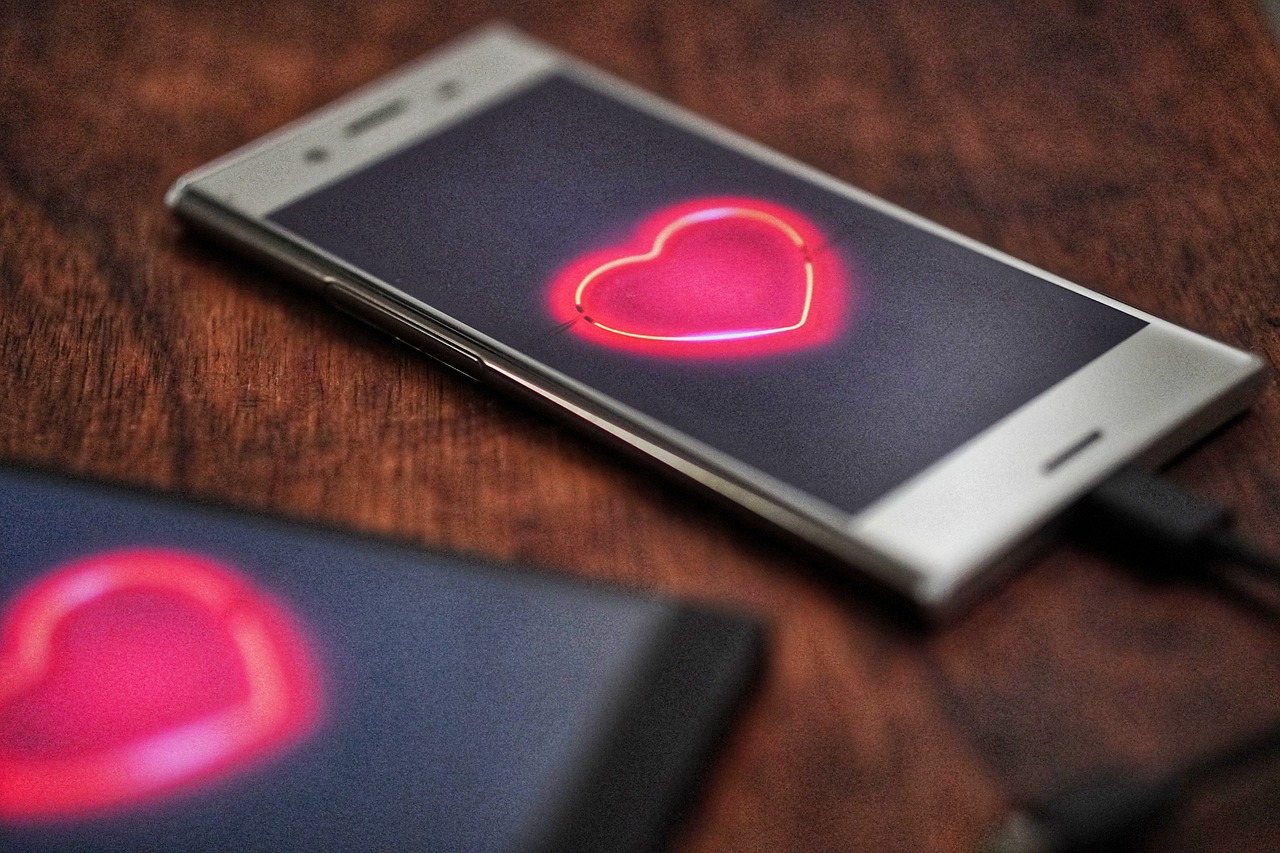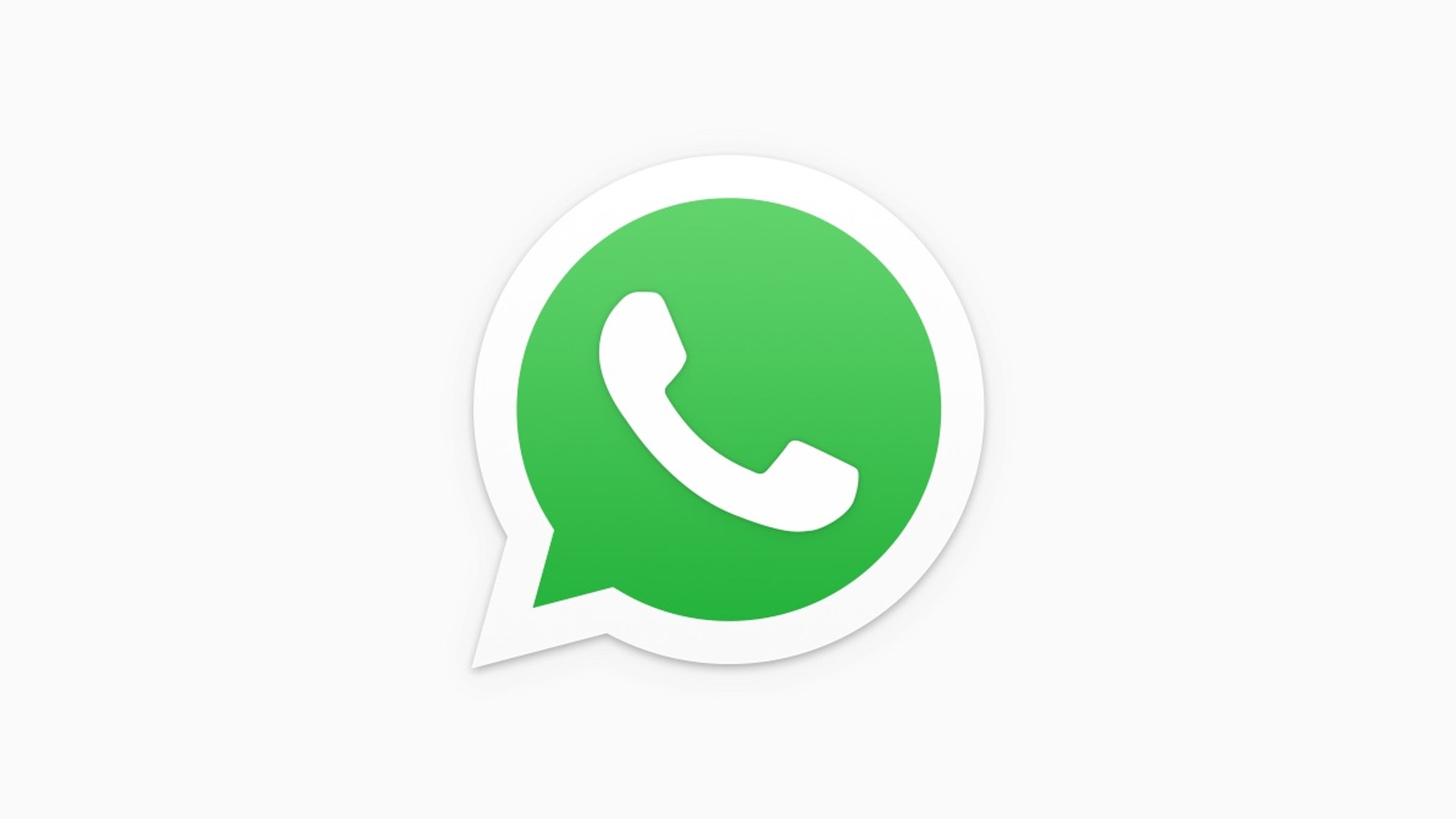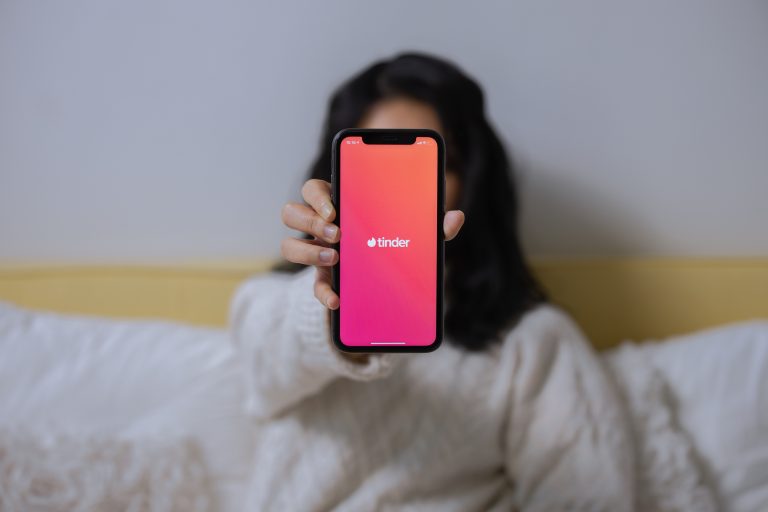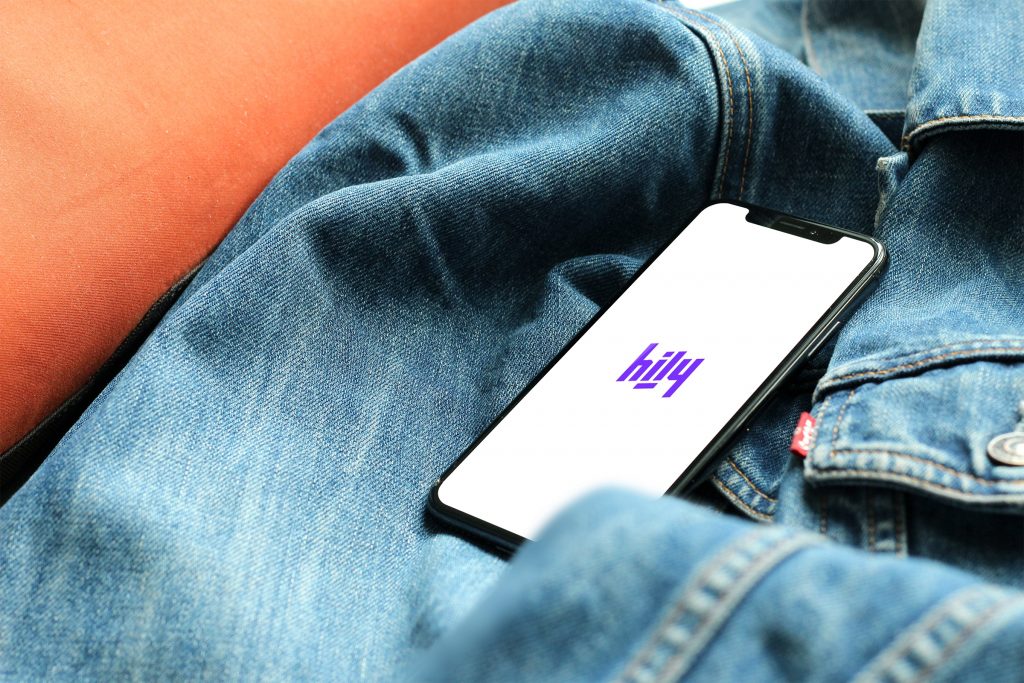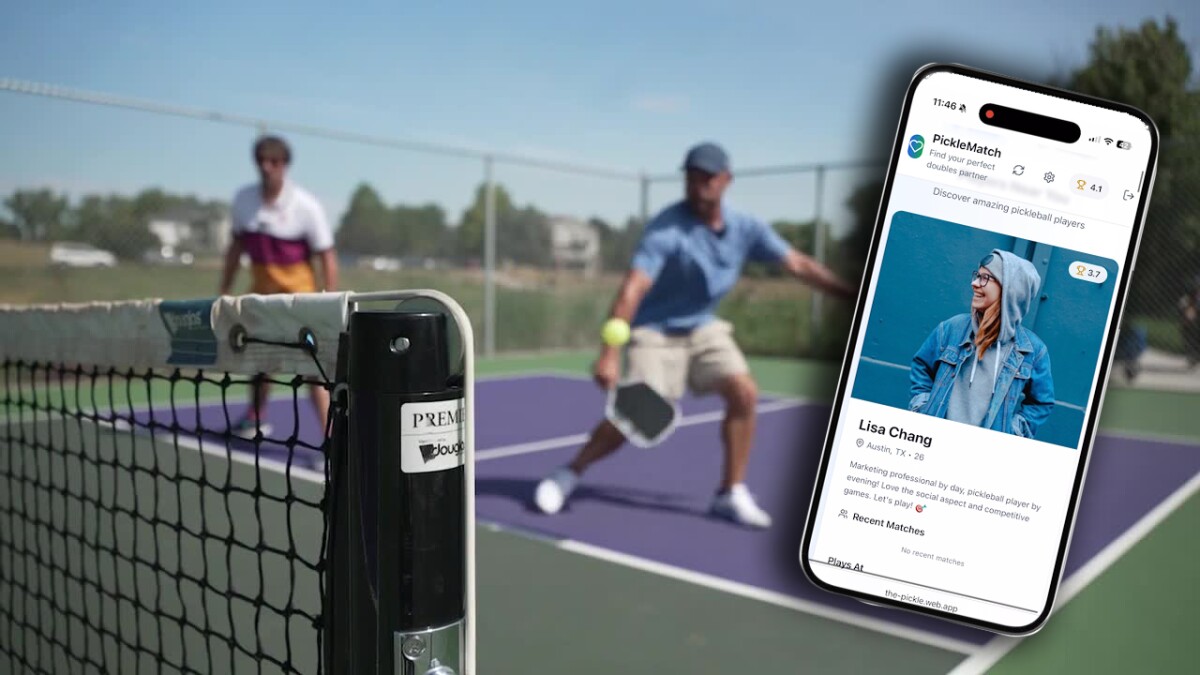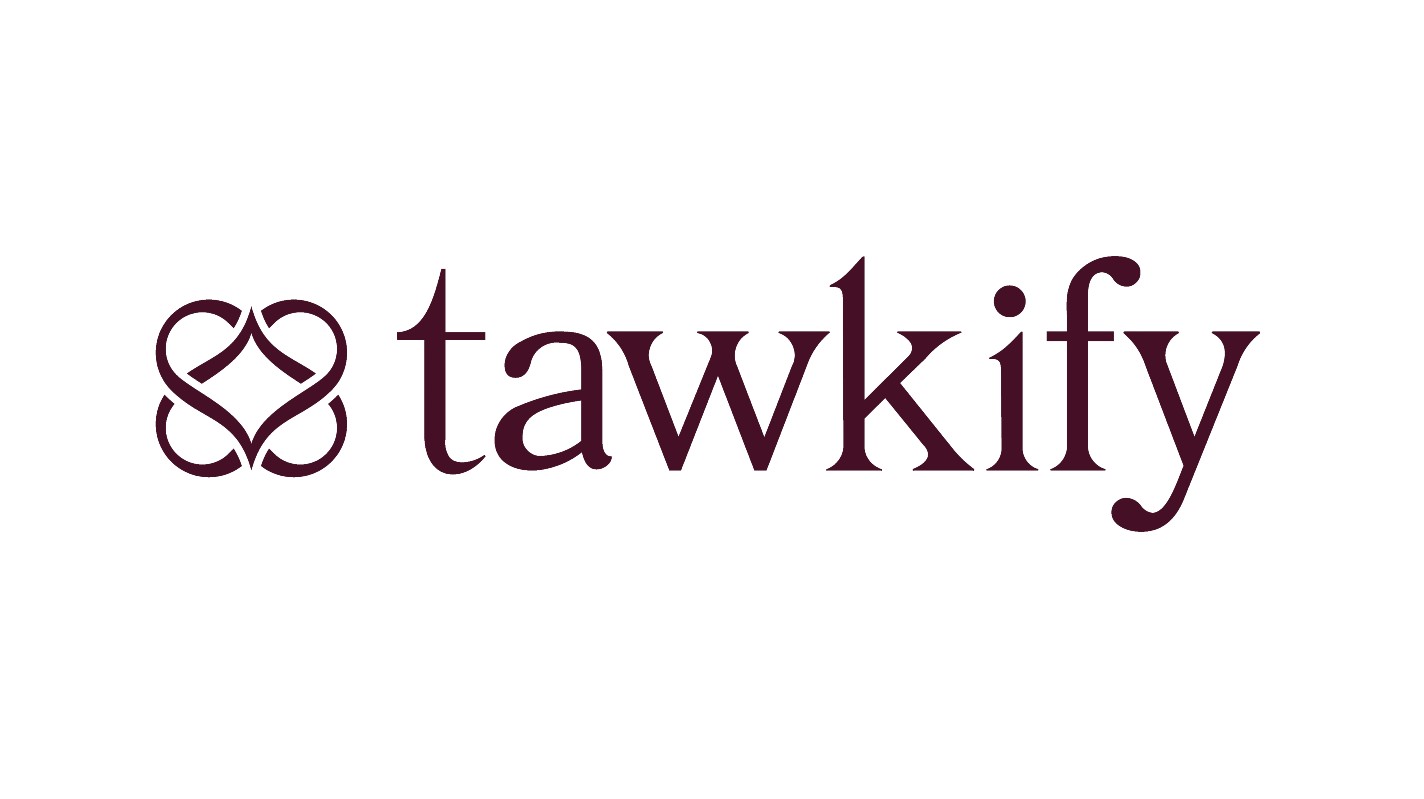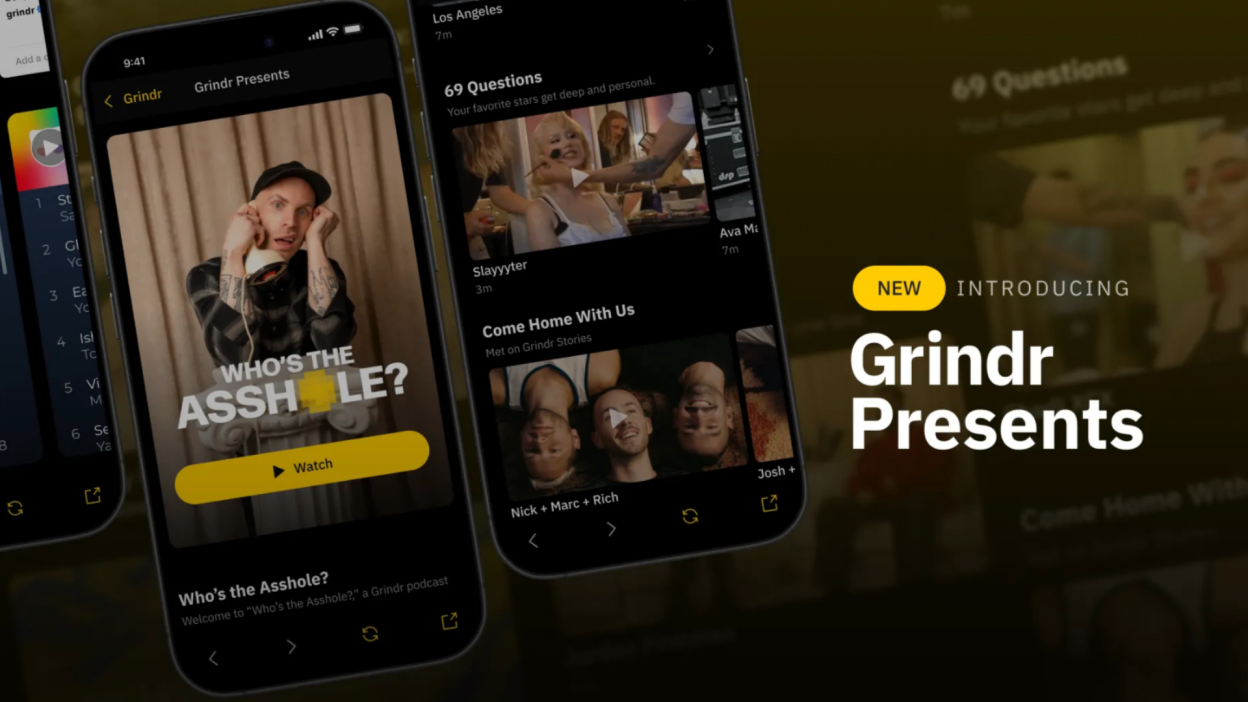New cultural trends and research suggest that Generation Z is experiencing a pronounced decline in sexual activity – a shift dubbed the “sex recession” – driven by complex social, economic, and political forces. Rather than lacking interest, many young people express intent but face structural barriers to intimacy, raising new opportunities for dating platforms to evolve.
Surveys reinforce these storylines: one in four Gen Z adults have reported never experiencing partnered sex, while men born between 2000–2004 report higher rates of sexual inactivity compared to earlier cohorts. Carter Sherman – a culture journalist featured on WIRED’s Uncanny Valley podcast – attributes the decline to factors including social media isolation, the pandemic’s cultural fallout, polarized politics, and limited sex education. Many Gen Z daters describe feeling both interested in intimacy and emotionally disconnected at the same time.
Dating platforms are effectively now confronted with deeper emotional needs, which has been the driving force behind the recent pushes for more authenticity and emotional bonding in online dating compared to even a decade prior. Experts suggest apps could offer sex-positive and judgment-free support—tools created specifically for people unsure about intimacy or new to sexual exploration. Features might include empathetic matchmaking flows, access to educational resources, or in-app referral services staffed by counselors or therapists.
As Gen Z prioritizes authenticity and values transparency, platforms that offer sensitive, well-designed ways to support both emotional and physical intimacy could differentiate themselves – turning dating apps into trusted allies and wingmen that can facilitate a real and lasting connection, rather than just virtual matchmakers. While this trend was already widely known, it’s unclear exactly how far it will progress, and whether or not it could become a permanent shift in dating app user dynamics.









